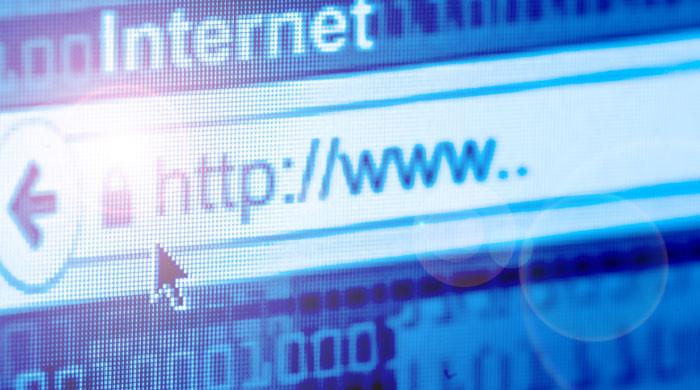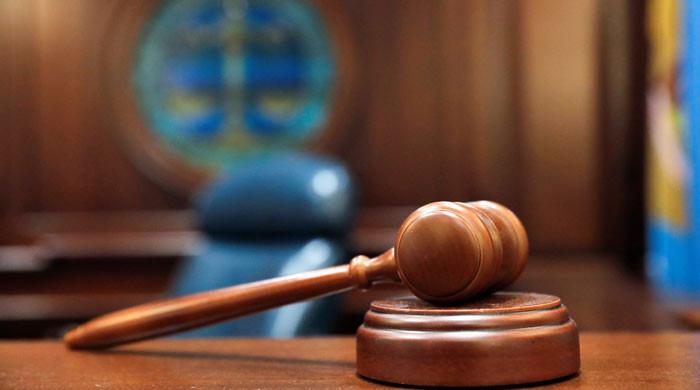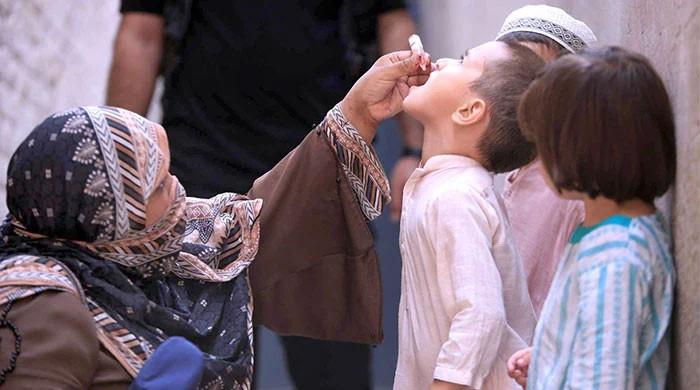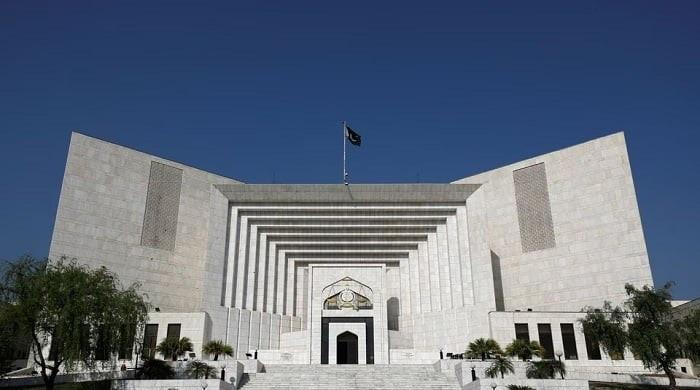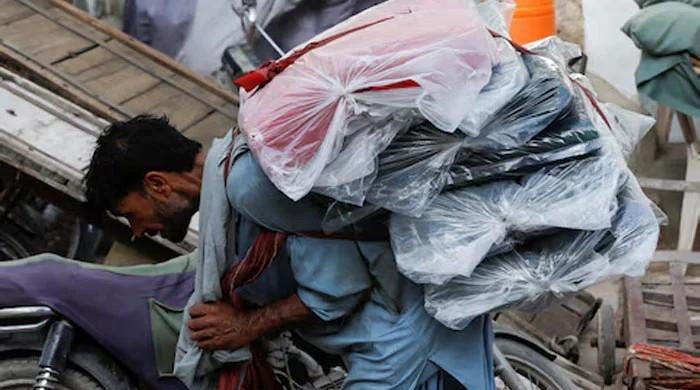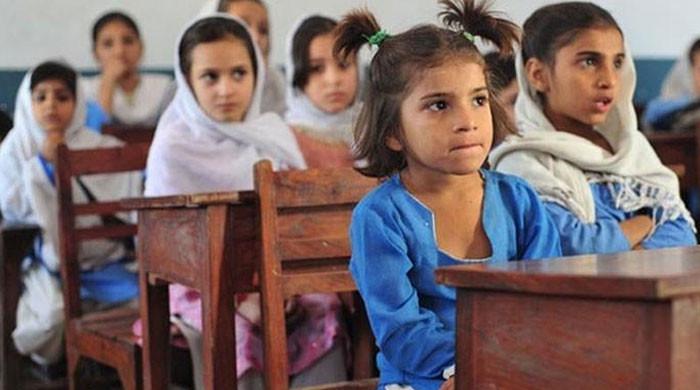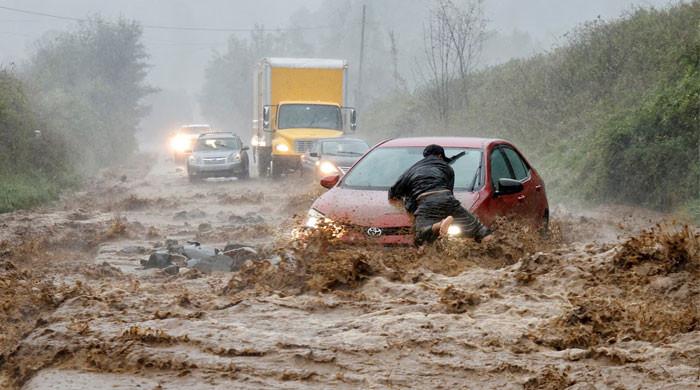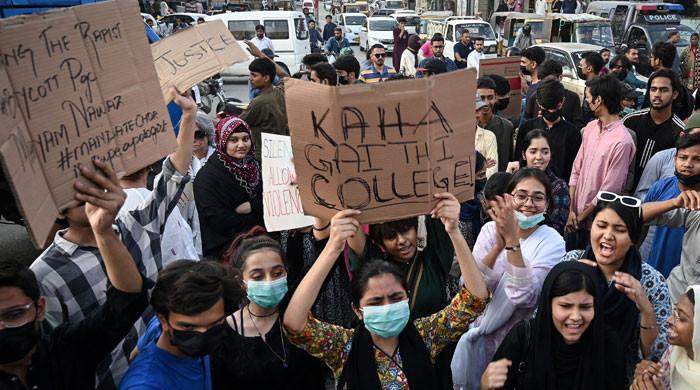The Biden-Putin summit: Diplomacy or a duel?
Russia's Vladimir Putin and US' Joe Biden will be meeting as presidents for the first time today
June 16, 2021
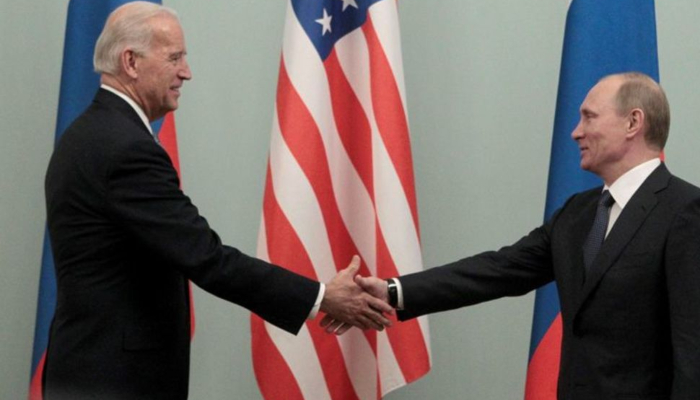
Today, the president of the United States of America is meeting his Russian counterpart in Geneva. As presidents, this is going to be their first meeting.
And ahead of the meet up, the atmosphere is tense. Some questions being asked is that will the encounter be a duel or a diplomatic meeting? Will the summit help some sanity prevail between the two arch-rivals or further escalate the situation? Also, why is Joe Biden meeting Vladimir Putin who he had earlier labelled as ‘The Killer’?
But, first, let’s talk about the venue – Geneva.
Over decades, Switzerland has adopted a very unique diplomatic posture. It enjoys the confidence of the United States, for it represents its interests even in Tehran, but it is also close to the Kremlin for not falling in line with the Western world in imposing sanctions on Russia.
Read more: Ahead of meeting with Biden, Putin says relations with US at lowest point in years
Thirty-five years ago, it was Geneva that hosted President Ronald Reagan and Mikhail Gorbachev for an historic meeting.
That summit was celebrated by both for ending the cold war.
But, the latest summit comes at a time when a new cold war is brewing between Washington and Moscow and another between Washington and Beijing.
The conclave is also taking place when Sino-Russian relations are complimenting each other in challenging the new world order. After all, both countries believe that Washington is conspiring to hold back their developments and interfering in domestic affairs.
And, if the US intelligence report is to be believed, Russia is flexing its muscles to a new limit. First, it allegedly influenced social media against Hillary Clinton and then tried to ‘denigrate’ Joe Biden and ‘support’ Donald Trump by meddling again in the presidential elections.
Additionally, President Biden is appalled by the blatant crackdown against Russian dissidents including the alleged poisoning of Kremlin critic Alexei Navalny.
Biden had recently gone to an extreme by labelling his Russian counterpart as a ‘killer’, to which Putin had challenged him to a diplomatic duel in the form of live discussion.
It is highly unlikely that both leaders will ever have such a live debate, but one can also be sure that Joe Biden will not follow former secretary of state Hillary Clinton in presenting a yellow box to his Russian counterpart symbolizing ‘resetting’ in ties.
Read more: Putin seeks to mend relations with US in summit with Biden
That palm-sized box gifted to Sergei Lavrov in 2009 had a red button and an engraved Russian word. Instead of translating ‘reset’ (perezagruzka) it said ‘overload’ (peregruzka). That diplomatic faux pas had later turned out to be true. In 2011, both countries found themselves at loggerheads over a civil war in Syria, followed by other conflicts including Russian annexation of Crimea.
Moscow has equally raised many eyebrows in Washington by attempting to strengthen economic ties with Europe especially through its $11 billion Nord Stream 2 natural gas pipeline project. Under increasing US sanctions, it is also pursuing a de-dollarization agenda by encouraging the EU to pay for Russian gas in euros.
These steps are being taken when another emerging world power China is spearheading its One Belt One Road initiative in eighteen European countries that include one of the core members of Group of seven countries (Italy).
The recent G-7 meeting in Cornwall, followed up by the EU-US and NATO summit in Brussels, should be considered an answer to some of these actions.
Throughout his trip, President Biden is trying to convey a strong message to his Russian and Chinese counterparts that industrialized European countries and other allied states will stay close to Washington.
Had Richard Nixon, the first sitting US president to visit both Moscow and Beijing, been alive today, he probably would have called Joe Biden on the eve of the summit as he did, on another important day, when Joe’s first wife passed away. He would have, surely, given him a unique piece of advice about how to widen the gulf between Moscow and Beijing or attract one against another.
Read more: Russia's Vladimir Putin not ready to recognise Joe Biden as US president
Here the summit is taking place in such a tense environment that even the agenda is not set. But there is a possibility that under strategic stability, disarmament can be discussed while talks on regional conflicts may include the situation in Libya, Syria, Afghanistan and Ukraine. Iran’s nuclear program may also come into focus.
Some of these topics are so sensitive that a tricky question can turn any joint press conference into a diplomatic duel. So, each president is better having a separate media talk. It is also a welcoming sign that both sides have stopped issuing harsh statements, at least for now.
So, through this summit, can the United States of America make a stable and predictable relations with Russia? Much depends on how much critical space Moscow is given to maneuver on the regional and international stage.




